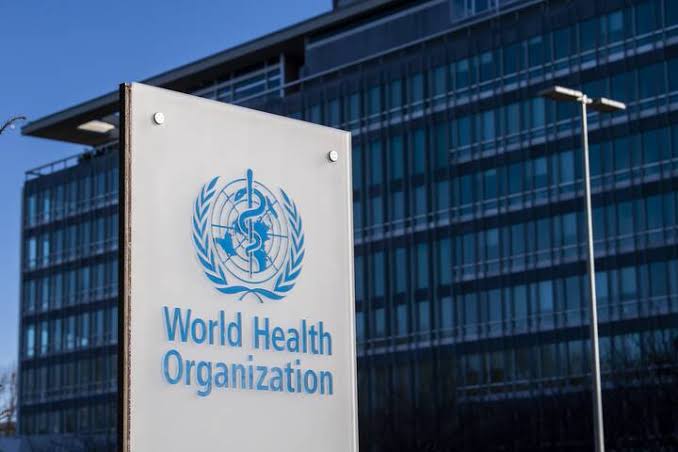Sickle cell disease (SCD), a group of inherited blood disorders characterized by abnormally shaped red blood cells, poses significant health risks, particularly during pregnancy. The World Health Organization (WHO) has, therefore, released its first-ever global guideline on managing SCD during pregnancy, aiming to improve maternal and neonatal outcomes and address the growing prevalence of this often-neglected disease. The guideline emphasizes the importance of quality healthcare, access to evidence-based treatments, and respectful, individualized care adapted to each woman’s unique needs and preferences.
SCD affects millions globally, with a disproportionate burden in malaria-endemic regions like sub-Saharan Africa. The disease is characterized by sickle-shaped red blood cells that can obstruct blood flow, leading to severe anemia, painful episodes, recurrent infections, and potentially life-threatening complications like strokes, sepsis, and organ failure. Pregnancy exacerbates these risks due to increased demands on the body’s oxygen and nutrient supply, leading to a significantly higher risk of maternal mortality and adverse pregnancy outcomes like pre-eclampsia, stillbirth, premature birth, and low birth weight.
The WHO guideline provides over 20 evidence-based recommendations encompassing various aspects of SCD management during pregnancy. These include guidance on folic acid and iron supplementation, adjusting for malaria-endemic areas, managing sickle cell crises and pain relief, preventing infections and blood clots, utilizing prophylactic blood transfusions, and implementing comprehensive monitoring of both the mother and baby throughout pregnancy. The guideline also stresses the critical need to address stigma and discrimination within healthcare settings, a significant challenge for individuals with SCD in many countries.
Central to the guideline is the emphasis on patient-centered care, respecting individual needs, medical histories, and preferences. Early discussions between women with SCD and knowledgeable healthcare providers are crucial for making informed decisions about treatment options, managing potential complications, and optimizing outcomes for both mother and baby. Given the complexity of SCD, a multidisciplinary approach involving specialists like hematologists, midwives, pediatricians, and obstetrician-gynaecologists is essential for providing comprehensive and effective care.
The guideline also acknowledges the need for further research into the safety and efficacy of SCD treatments for pregnant and breastfeeding women, who have historically been excluded from clinical trials. While treatment options for the general population are improving, more research is urgently needed to address the specific needs of this vulnerable group. The publication of this guideline marks the beginning of a new WHO series focusing on managing non-communicable diseases in pregnancy, reflecting the increasing recognition of chronic diseases as major contributors to maternal and newborn morbidity and mortality. Future guidelines will address cardiovascular conditions, diabetes, respiratory diseases, mental health disorders, and substance use during pregnancy.
The release of the guideline coincides with World Sickle Cell Day, a global event aimed at raising awareness about SCD and advocating for improved care and support for affected individuals. The 2025 theme, “Global Action, Local Impact: Empowering Communities for Effective Self-Advocacy,” emphasizes the importance of community involvement and empowerment in addressing the challenges posed by SCD. The WHO guideline serves as a valuable resource for healthcare providers, policymakers, and individuals with SCD, providing evidence-based recommendations to improve pregnancy outcomes and promote the well-being of mothers and babies affected by this often-overlooked disease. The increasing prevalence of SCD, coupled with population movements and improved life expectancy, necessitates wider dissemination of knowledge and training for healthcare professionals to ensure appropriate management of this complex condition during pregnancy.


